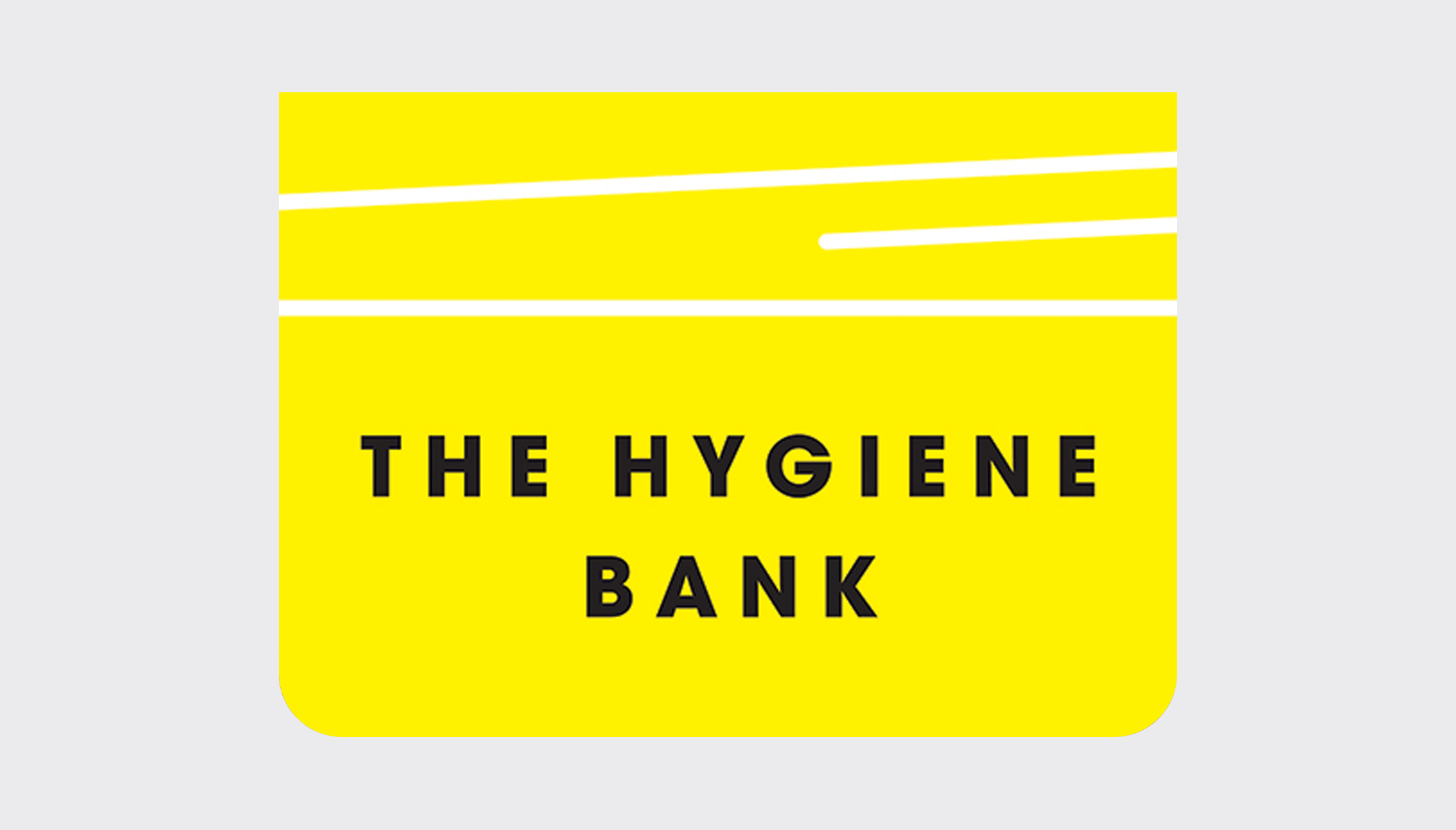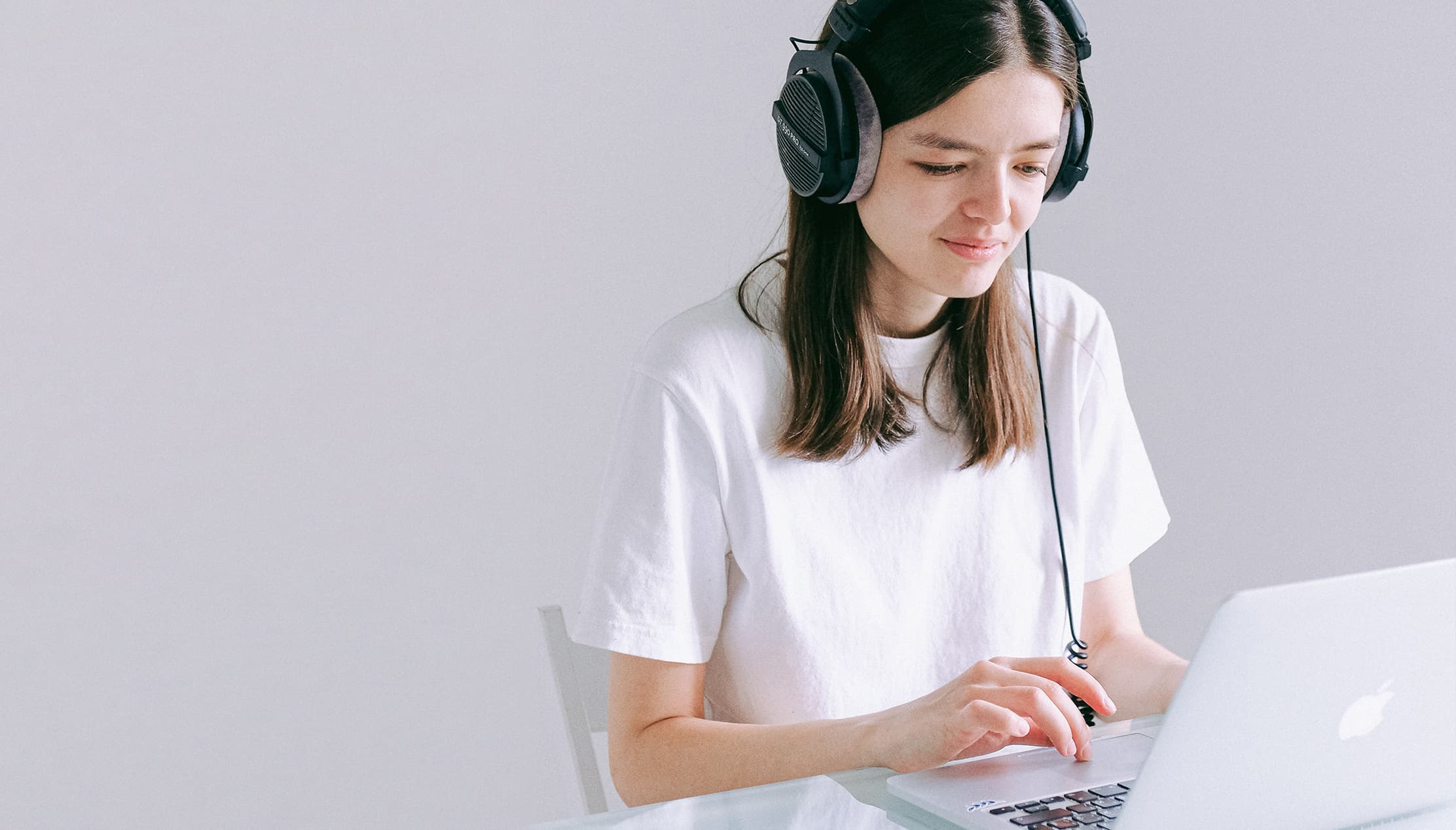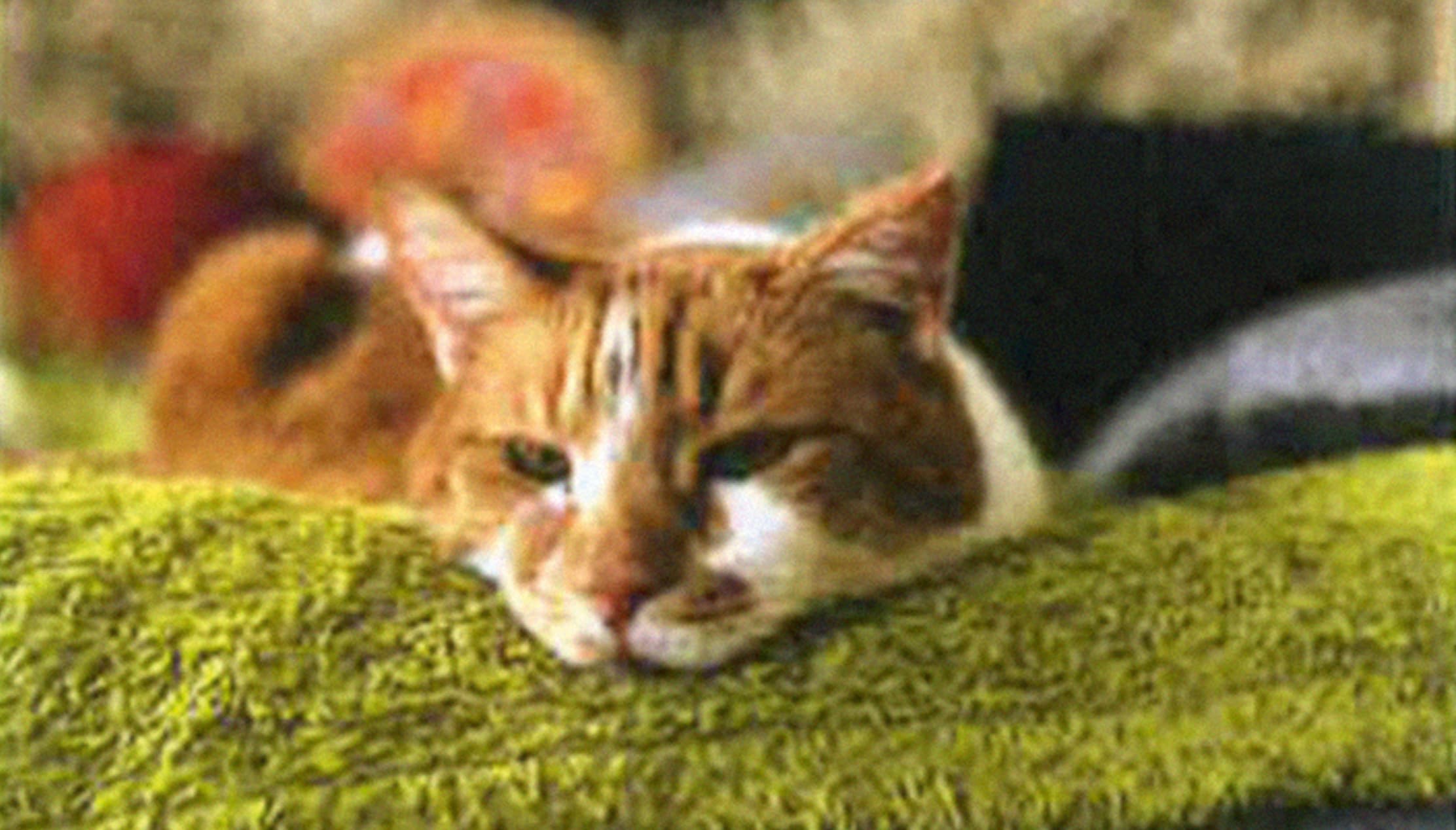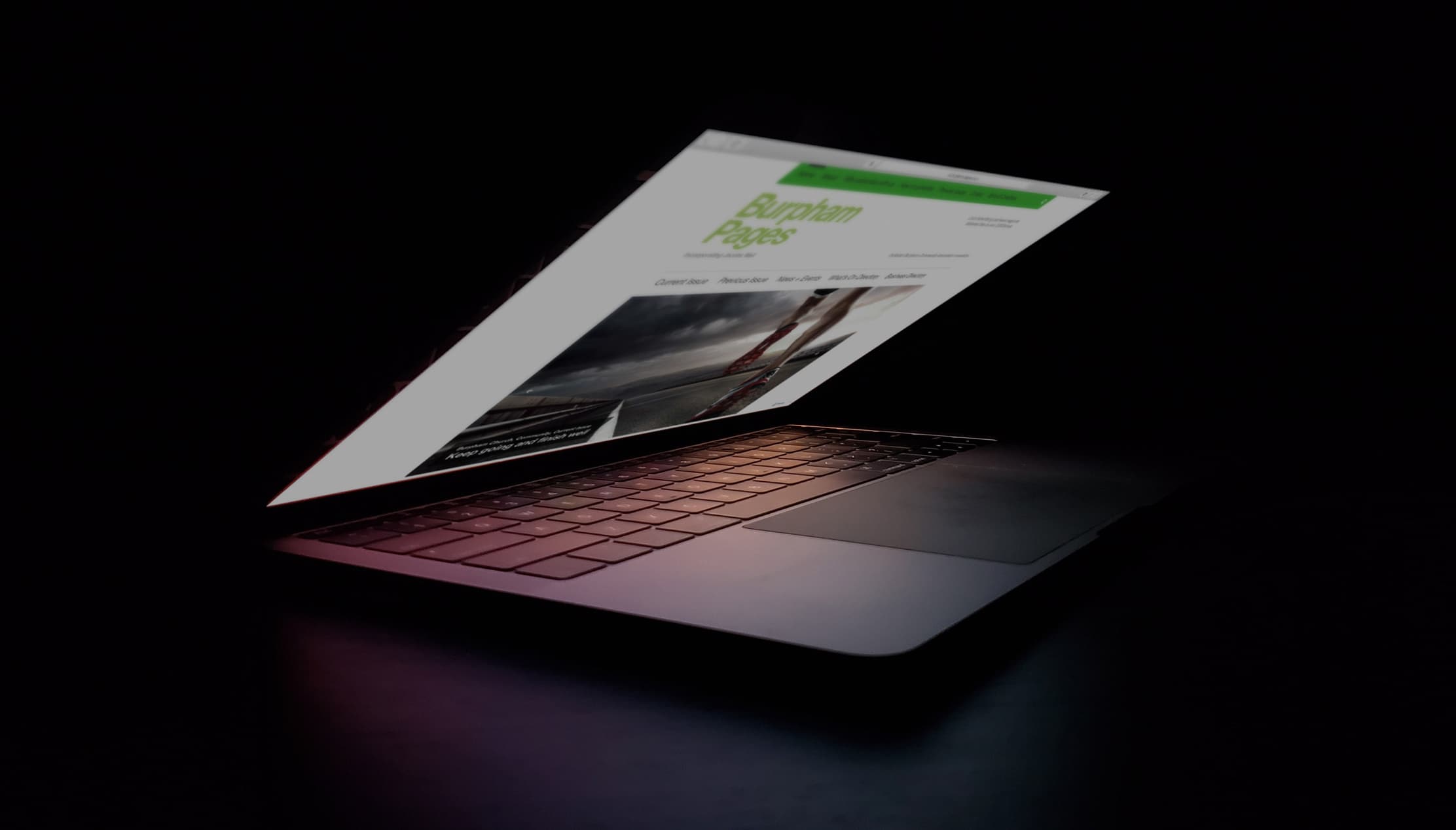Have you thought of joining the WI?
The WI has been inspiring women for over 100 years.
In 1915 they set out to give women a voice and to be a force for good in the community.
Since then, their membership and their ambitions alike have grown tremendously. Today, they are the largest women’s organisation in the UK and they pride themselves on being a trusted place for women of all generations to share experiences and learn from each other.
For some, it’s a chance to meet people and catch up with friends. For others, it’s a way to learn valuable life skills and make a difference in their communities through WI campaigns.
The WI is what you make of it
WIs come in all shapes and sizes and their members can be involved in a way that suits them. If you’re thinking of joining a local WI group then why not give the Burpham Evening WI a try.
Can you donate to The Hygiene Bank?

The Hygiene Bank is a grass roots charity that was founded two years ago to combat hygiene poverty. We believe that being clean is not a luxury but a basic human right.
Hygiene poverty is not being able to afford the everyday hygiene and personal grooming products most of us take for granted. The reality of low income is that it restricts people’s options, leaving them caught between being able to heat their home, pay their rent, eat or being clean. Hygiene poverty strips people of their dignity.
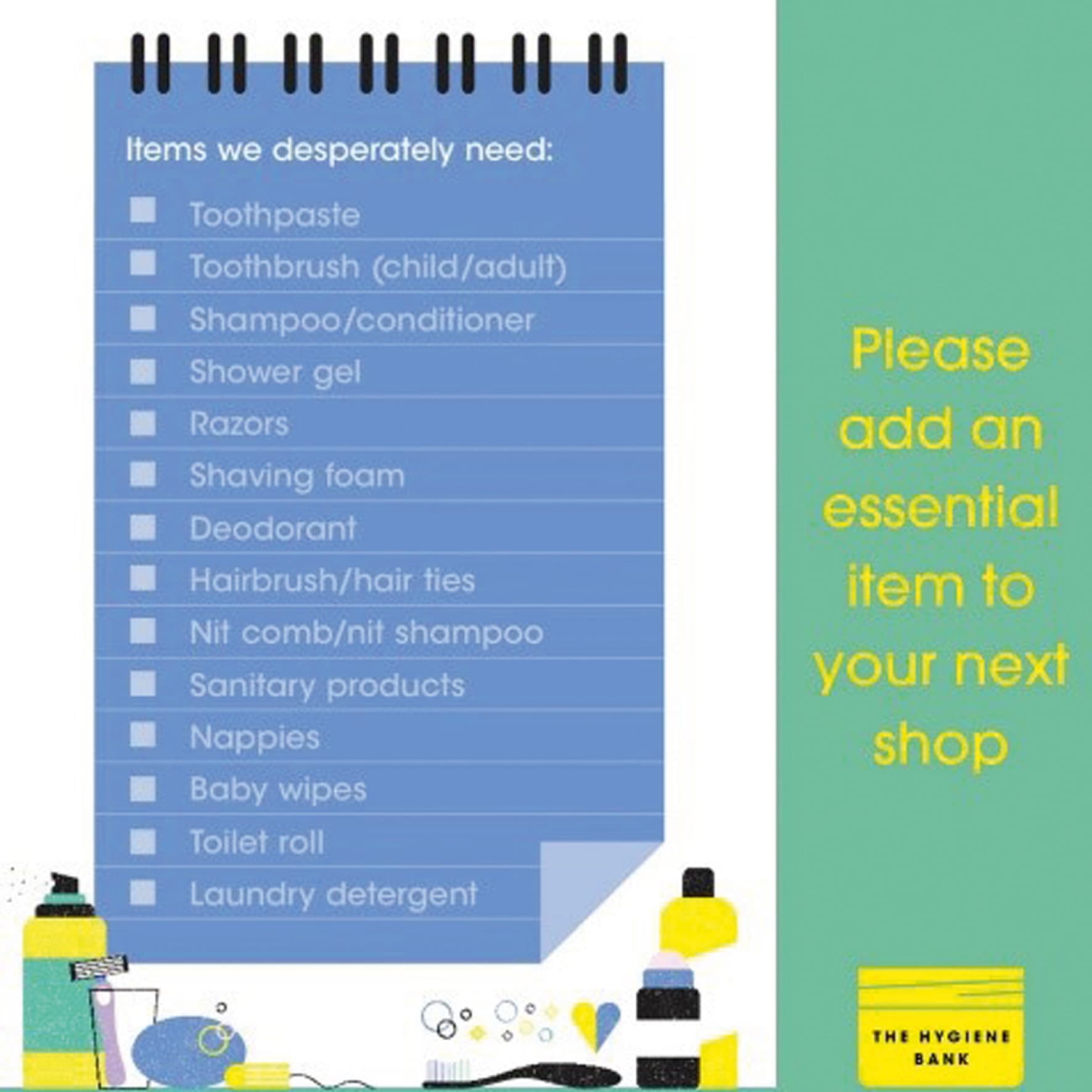
The Guildford branch of the Hygiene Bank has been able to support local people in need via Community Partners including the Guildford Family Centre, local infant, primary and secondary schools, local churches, food banks, shelters for the homeless and womens’ refuges. We ask people to donate unused, unopened hygiene products via our collection points which are located in Waitrose in York Road, Boots in the High Street and Epsom Road.

Covid-19 has increased the demand on our project. To help us continue to support local families we need your help – please consider buying an extra item each week to donate, or you can donate via our website: www.thehygienebank.com
For further information contact the Guildford Project Coordinator:
thbguildford0@gmail.com
![]() @thehygienebankguildford
@thehygienebankguildford
![]() @thehygienebank
@thehygienebank
Fair Trade shop at Emmanuel Church in Stoughton
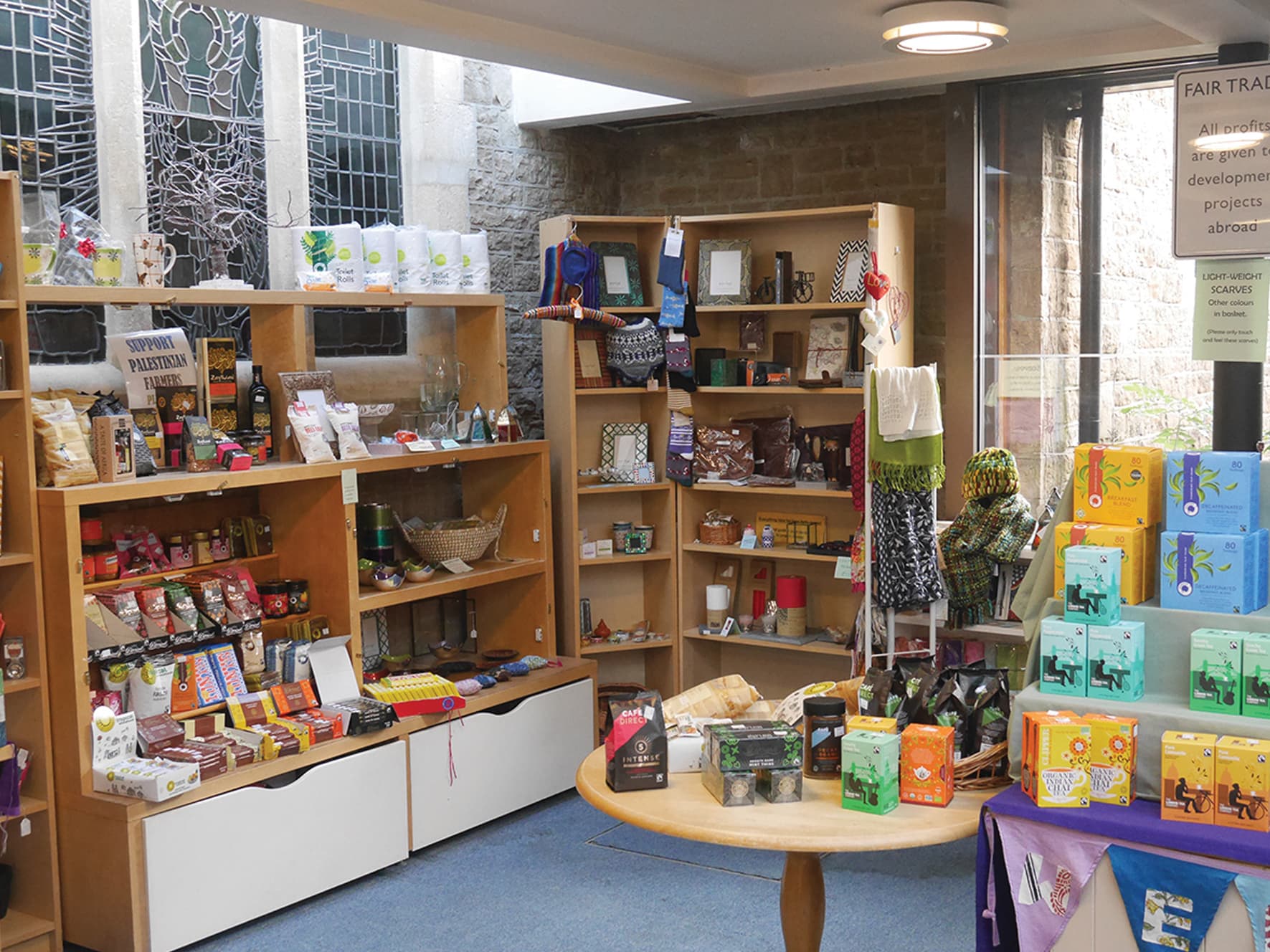
Why not try the Fair Trade shop at Emmanuel Church in Stoughton for some slightly different Christmas presents?
What word would you immediately put after the word ‘Fairtrade’? Would it be tea or coffee or perhaps bananas? There are so many more products that bear the Fairtrade mark, marmalade, peanut butter, pasta, jam, olive oil, the list could go on and on. However there are also lots of products other than food items that are fairly traded, beautifully crafted items showing the skills of their artisan producers, leather goods, carved soapstone, intricate silver jewellery, hand-made paper notebooks, scarves, felt decorations, another whole list that could go on and on. In the Parish Centre at Emmanuel Church in Stoughton, we have many such goods in our Fair Trade shop. As Christmas approaches, and you may be looking for gifts for friends and family, why not call in and find that slightly unusual present. You will also be helping people whose lives are blighted by poverty and have little way of improving their life-situations. Your purchase will bring them hope. We also sell cards and nearer Christmas will have lots of charity Christmas cards available. The church makes no money from the Fair Trade shop, all profits are given away to projects whose aim is to improve the lives of the poorest in the world. You will also find within the Parish Centre a refill station where you can fill up your own container with washing-up liquid, hand-sanitiser, laundry liquid or fabric conditioner. And you might like to visit the café offering hot drinks, soup, paninis and delicious cakes.
The Fair Trade shop & café are open Monday – Thursday, 9.15am – 2.15pm during term-time. We hope to welcome you soon.
We are working on creating an online shop showing all our goods, which we hope will be up and running from November onwards. Please take a look on www.emmanuelchurch.co.uk/fairtrade/
What does the word 'normal' mean?
Many of us have been saying to ourselves ‘I wish that I could have my normal life back again.’ I think that we can all identify with that feeling as we are many months into this virus crisis.
We want to be able to shake hands, embrace and hug our family and friends. We want to get back to our usual life rhythms without all of the fear and anxiety. It may be being able to visit our relatives in Care Homes as we used to do or being able to watch live sports events in person again.
It all made me think about what sort of person I was before all of this began. How am I coping now and what sort of person do I want to be like when all of this is over?
Hopefully we have all learnt to be more caring, more considerate, more aware of the needs of others as well as ourselves. We have been reminded of how precious life is, how important our friends and family are. We have come to value more those who serve us in the community, often at great cost, especially those on the front line of the Health Service. We are less likely now to take them all for granted.
Just as we have grown closer to people despite our isolation so I hope also that we have grown closer to God. Perhaps we have begun to ask spiritual questions even if it is just…
“ ..what sort of person was I before all of this began. How am I coping now and what sort of person do I want to be like when all of this is over?”
‘Why is this all happening?’ Other questions come to mind… ‘Who am I?’ and ‘What is really valuable in my life?’ Or perhaps ‘How can I begin to pray?’ and ‘How can I be more thankful and learn to celebrate all that is good in God’s creation?’
Hopefully we find ourselves wanting to come out of this crisis not exactly as we were before. I hope that we will be deeper people having grown through this time of vulnerability now more ready to face future challenges when they come as they surely will. I long for the normal to return but pray that we will be changed people in a changed world and it will be for the better.
If there are ways that you feel the church community can be of help to you then please contact us:
www.emmanuelchurch.co.uk or call 01483 561603 or 560560.
Frank Scammell
Vicar of Emmanuel Stoughton
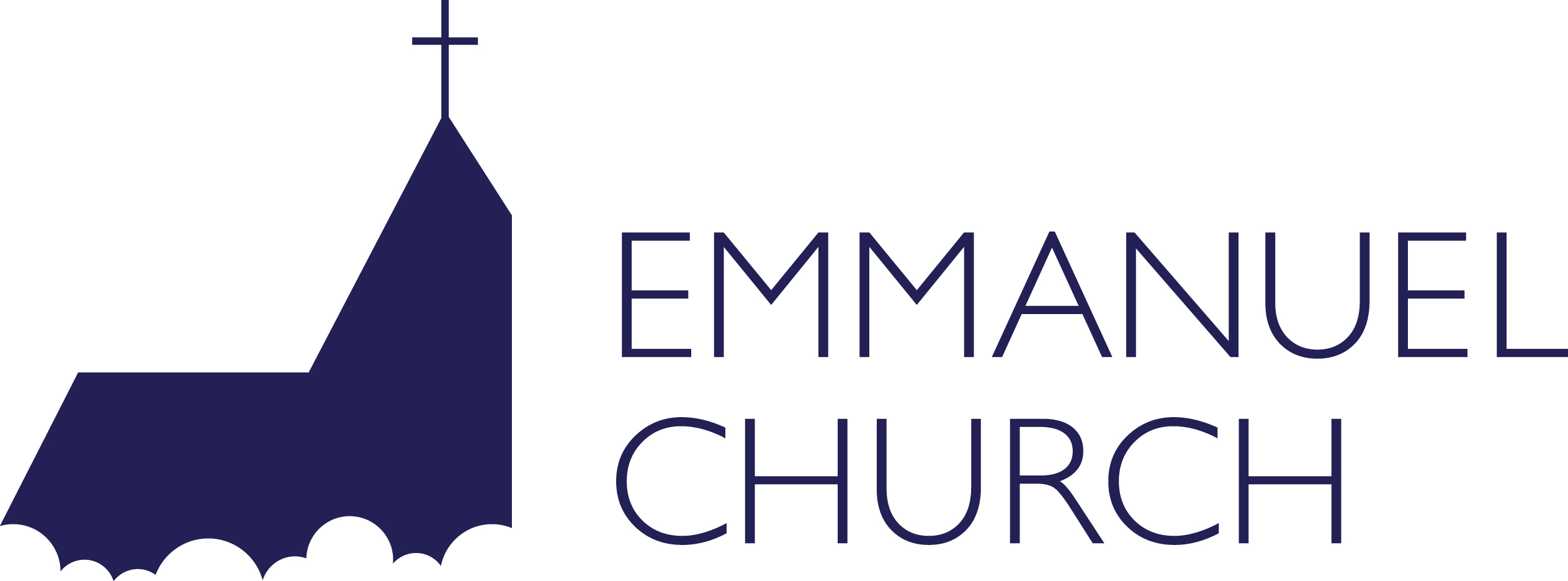
Church Office: 01483 561603
www.emmanuelchurch.co.uk
Has lockdown become a pain in the neck?
We’ve spoken to the team at GW Osteopathy about how to alleviate your ‘Text Neck’.
Following on from Ali Fisher’s article ‘Lightening your digital footprint’ and the discovery of the fact that most of us have been spending too much time during the lockdown on our laptops, tablets and smartphones we explore the physical impact on our bodies and what we can do to counteract this. Stoughton Pages spoke to Gemma Ware and her team at GW Osteopathy about what actually makes us ache when looking at our devices and is there anything that we can do to alleviate the stress and stiffness.
Did you know the average persons head weighs around 5kg? That’s the same as a gallon of paint and that weight is balanced on just 7 small vertebral bones and supported by 20 muscles around the head, neck and shoulders, so your muscles are almost constantly working to stabilise a 5kg weight.
However, that weight is relative to the position the head is in, the further forward you take the head, the more stress you place on other structures and tissues, such as muscles, discs and nerves. Their function is compromised and imbalanced meaning these tissues are overworked leading to pain.
This poor posture over time can lead to all kinds of physical problems from neck and upper back pain, headaches, TMJ (temporomandibular joint) pain and may include poor concentration and productivity levels.
So, while the head’s weight stays the same, if you’re looking down at your phone or laptop, your neck could be supporting up to 22kg of relative weight! This increase in work for the muscles, often for long periods of time, means the muscles tighten up and begin to ache and cause knock-on problems for structures in the neck and shoulders, a condition more commonly referred to colloquially as Text Neck.
With recent lockdown restrictions and an increase in people working from home with poor ergonomics at their work station, we have been seeing more requests for help with neck, upper back, and muscle pain as the average time people spend looking at screens has risen from 9 hours a day, pre-lockdown, to nearly 11 hours a day in more recent times.
Poor posture over time can lead to all kinds of physical problems from neck and upper back pain, headaches, TMJ pain and may include poor concentration and productivity levels.
The longer people sit in front of a laptop or computer the more their posture fatigues causing stiffness and pain, and so, we have put together some advice for keeping you mobile and healthy at home:
1 Unload the muscles
The first thing we can do to avoid stressing the neck for long periods of time is; stop stressing it! Lift your phone a little and raise any screens you use regularly to eye-level. Remember the simple rule – top 1/3 of the screen should be level with your eyes. Sit tall and centred on your screen, stand tall and centred if you have the option of a standing desk. Point your head, shoulders, hips and feet in the same direction at the screen you are using. Draw your shoulders down and keep your back straight.
2 Get up and get moving
Sitting at your desk for a long while makes it easy to slouch, bringing the head forward and loading the neck. Get up and about every hour or so, even if it’s just to get a glass of water, to stop your body settling into tense postures. Walk tall and proud when out walking. It helps to improve your posture, walk at a pace which gets your heart beating faster.
3 Stretch it out
Tensions building up in muscles is the most common root cause of a lot of musculoskeletal issues, and Text Neck is a perfect example. So, stretching the muscles out a little each day helps to prevent that tension building up.
Here’s some simple stretches to try at home or you can find some great Pilates flow’s online. We recommend Beginner Pilates Class Part 1 of 4 by The Girl With The Pilates Mat on YouTube.
Chin Tuck – place two fingers against your chin, tuck it down towards your chest and gently push your head backwards until you feel a stretch just under your skull. Hold that for 10 seconds and relax. This is a great one for stretching out the small muscles that have to pull the head up when the head goes forward.
Pectoral Stretch – put your elbows by your sides and turn your arms outwards until you feel a stretch in front of your shoulders and hold for 30 seconds.
Sit centred on your chair, fold your arms and rotate through your spine from side to side, sit tall. If your bottom moves you’ve rotated far enough x 10 to each side.
Arm circles – sit tall and spread your arms out to the sides, level with your shoulders. Draw 10 circles in 1 direction and then reverse the move x 10.
Stand up and do 10–20 squats, bending your knees and hips as if your about to sit down and straighten back up again. It gets the large muscles of the legs working.
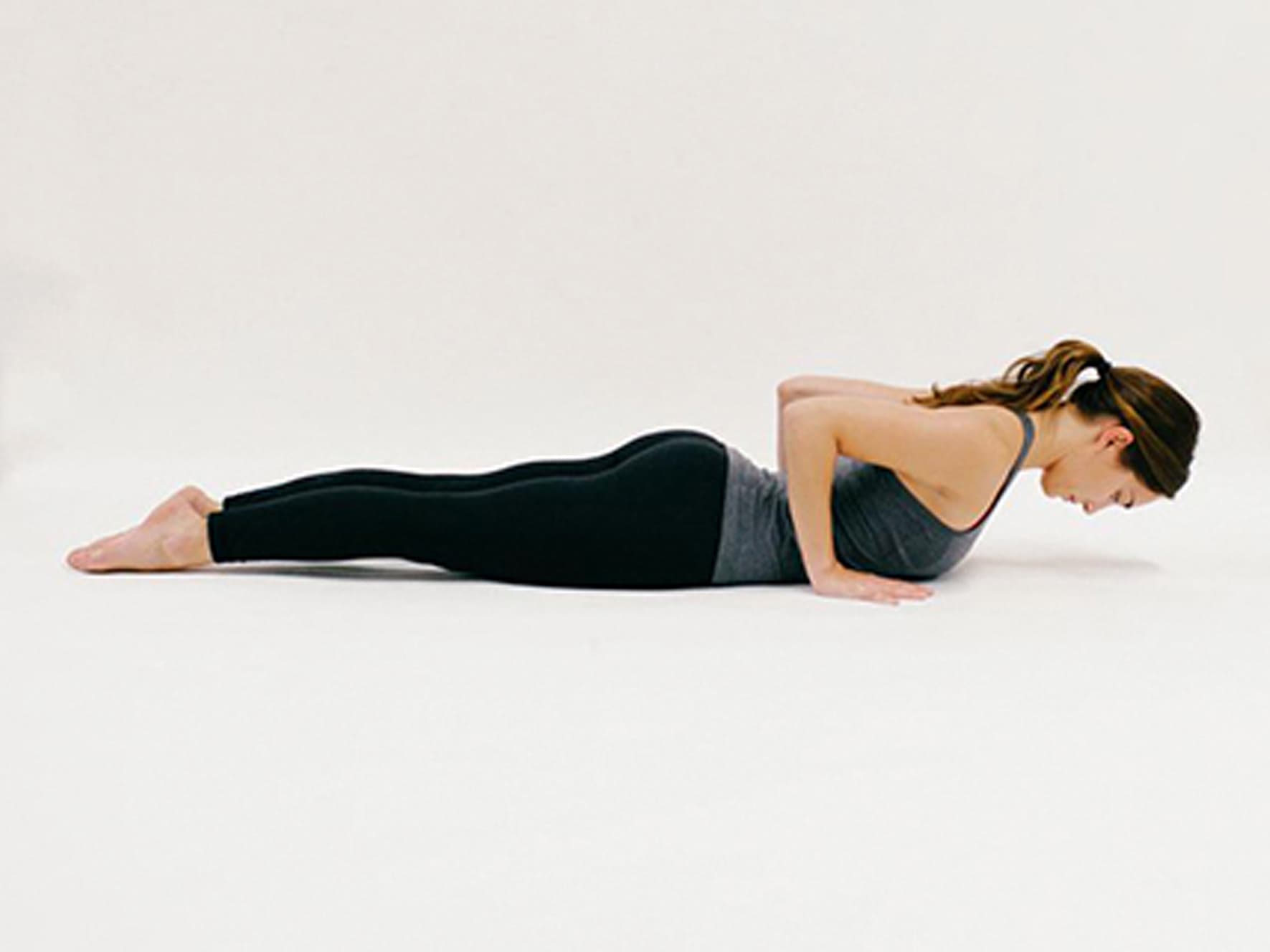
On an exercise mat lie face down, arms down by your side, gently lift your head, chest and shoulders off the matt and lower back down x 10.
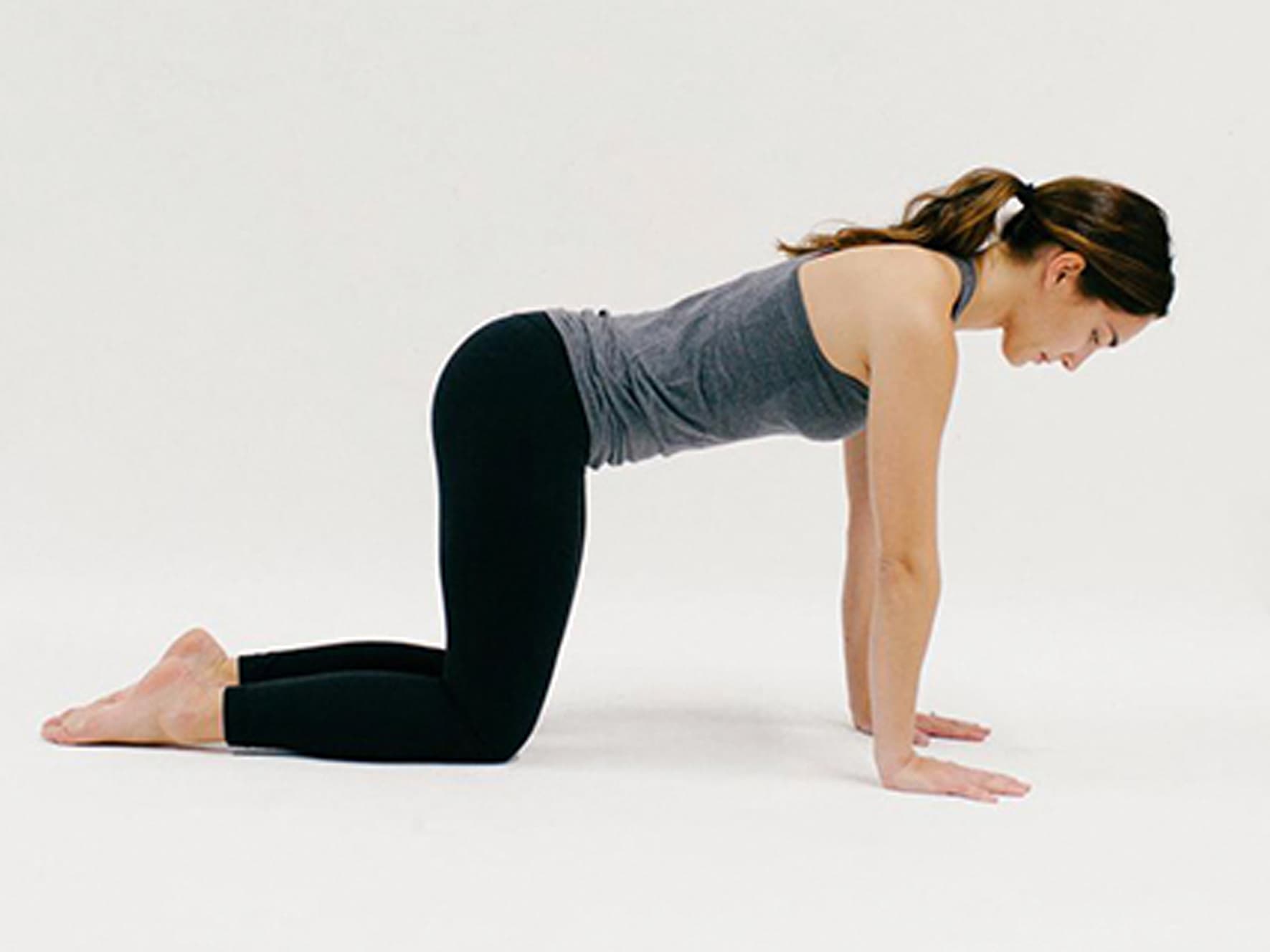
On hands and knees, keep your neck and spine straight, look at your hands and straighten 1 leg out behind without letting your spine/neck move. Lift and lower x 10 and change legs, or progress to lifting opposite arm at the same time.
GW Osteopathy run an osteopathy and sports therapy practice in Guildford and are about to open a new clinic in Stoughton, at Parklands on Queen Elizabeth Park.
For further advice contact them via www.gwosteopathy.co.uk or call 01483 400207.
Body blessing and positive postures sessions with Eden People
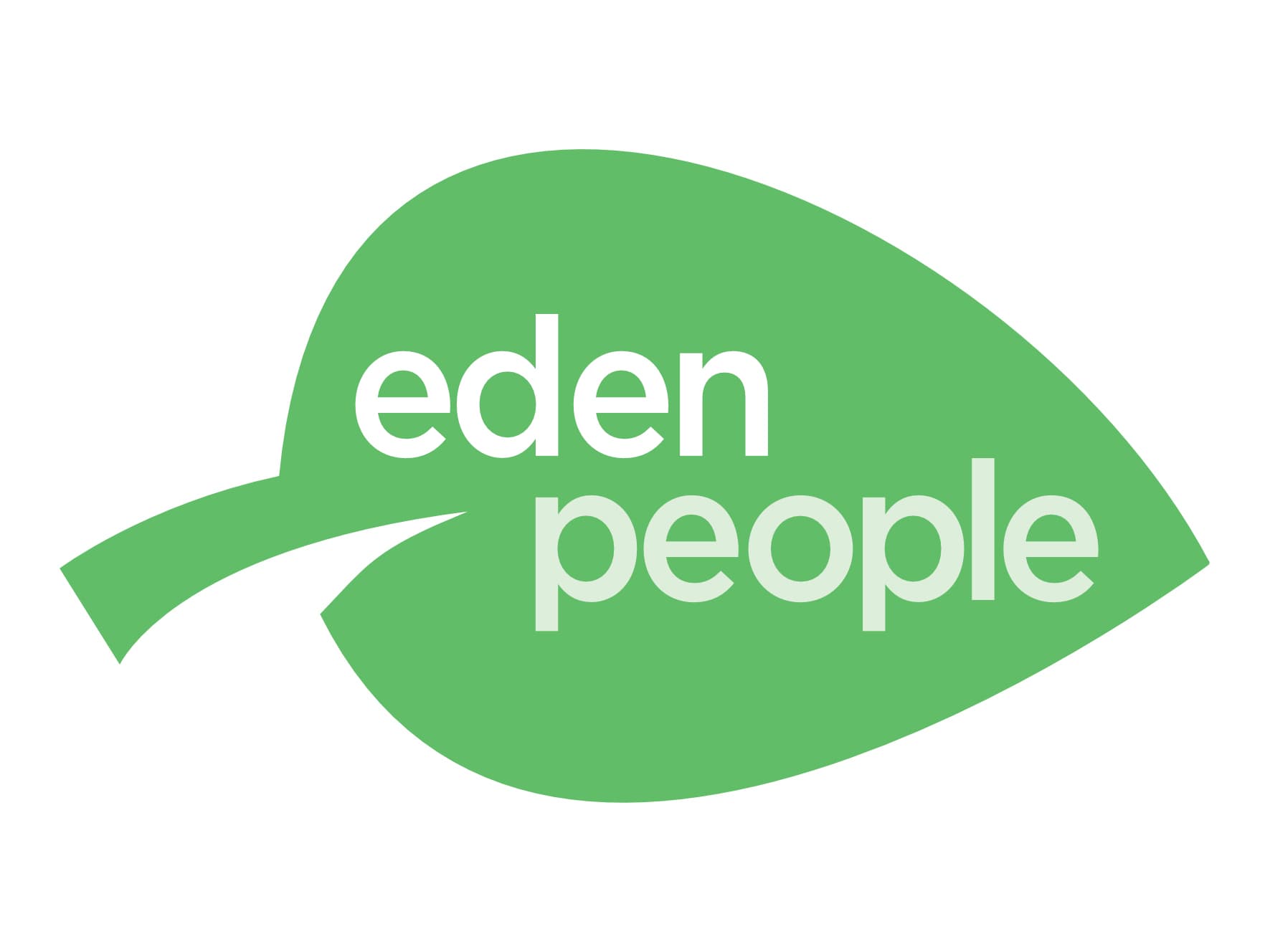
Eden People are a local community wellbeing & spirituality group based in the Stoughton area of Guildford. They have over 20 year’s experience of facilitating and running wellbeing spaces and activities within the Guildford area.
Eden People look to support people’s mental, emotional, physical and spiritual health through a range of activities accessible to people of all ages, gender or ethnicity; with any, no or some belief or faith basis – everyone is welcome.
Currently they are running their Body Blessing & Positive Postures Sessions at the Q E Park Community Centre. These sessions are designed to bring rest and peace to the body, mind & spirit, encouraging participants to build self-worth and awareness of their uniqueness and identity.
Each session lasts for one hour with early and late evening times to participate. Booking a space is essential for group size and ongoing covid regulations. No special clothing or equipment is required; see this as positive investment to your general health and wellbeing. One to one sessions can be arranged if required.
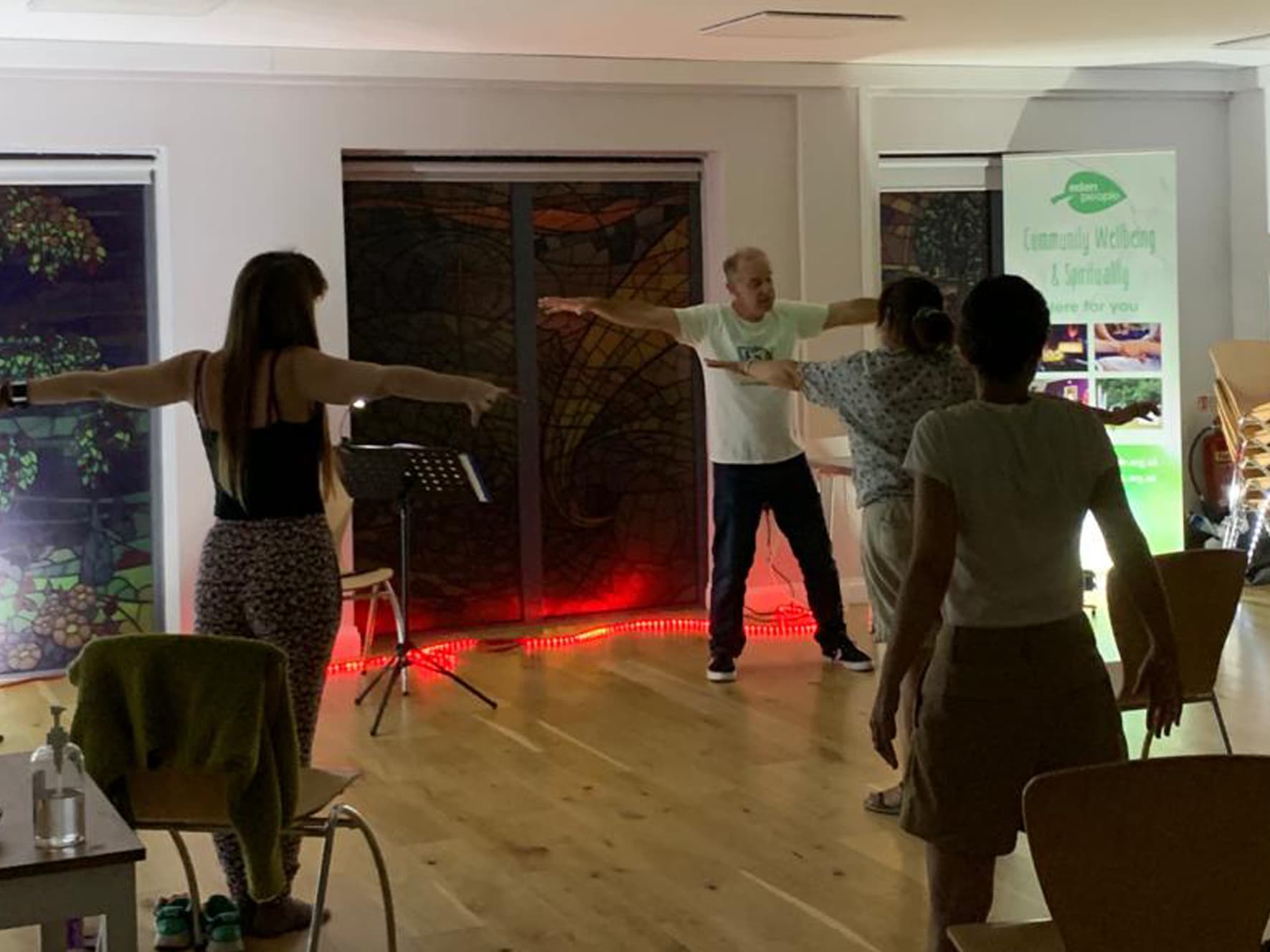
Other activities on offer from the group include:
LifeWalks walking group, Art & Creative workshops, Dream Interpretation, Insight & Destiny, Blessing & Healing. All of these activities are offered for free or with a donation from participants.
To find out more about Eden People, to join their mailing list or current activities contact them via email at edenpeople@edenpeople.org.uk or visit www.edenpeople.org.uk or message 07866 247919
Captain Paul Tessier F Section SOE
Carol Brown’s History of Stoughton
During the Second World War a group of very brave men and women known as the Special Operations Executive (SOE) were tasked with a range of missions, including espionage, sabotage and reconnaissance, to undermine the Nazis in Europe. Captain Paul Tessier was one such brave man. Captain Tessier’s wife and children lived in Stoughton during the war, and had he survived he would have returned to live here too.
The Special Operations Executive (SOE) was officially formed on 22nd July 1940 by Hugh Dalton, the then Minister of Economic Warfare. Churchill famously instructed him to “set Europe ablaze”.
The SOE were to work with the resistance in occupied countries, to train and arm them for acts of subversion and sabotage, especially in the days leading to the allied Invasion. They would also send important information about troop movements and German run industries back to London.
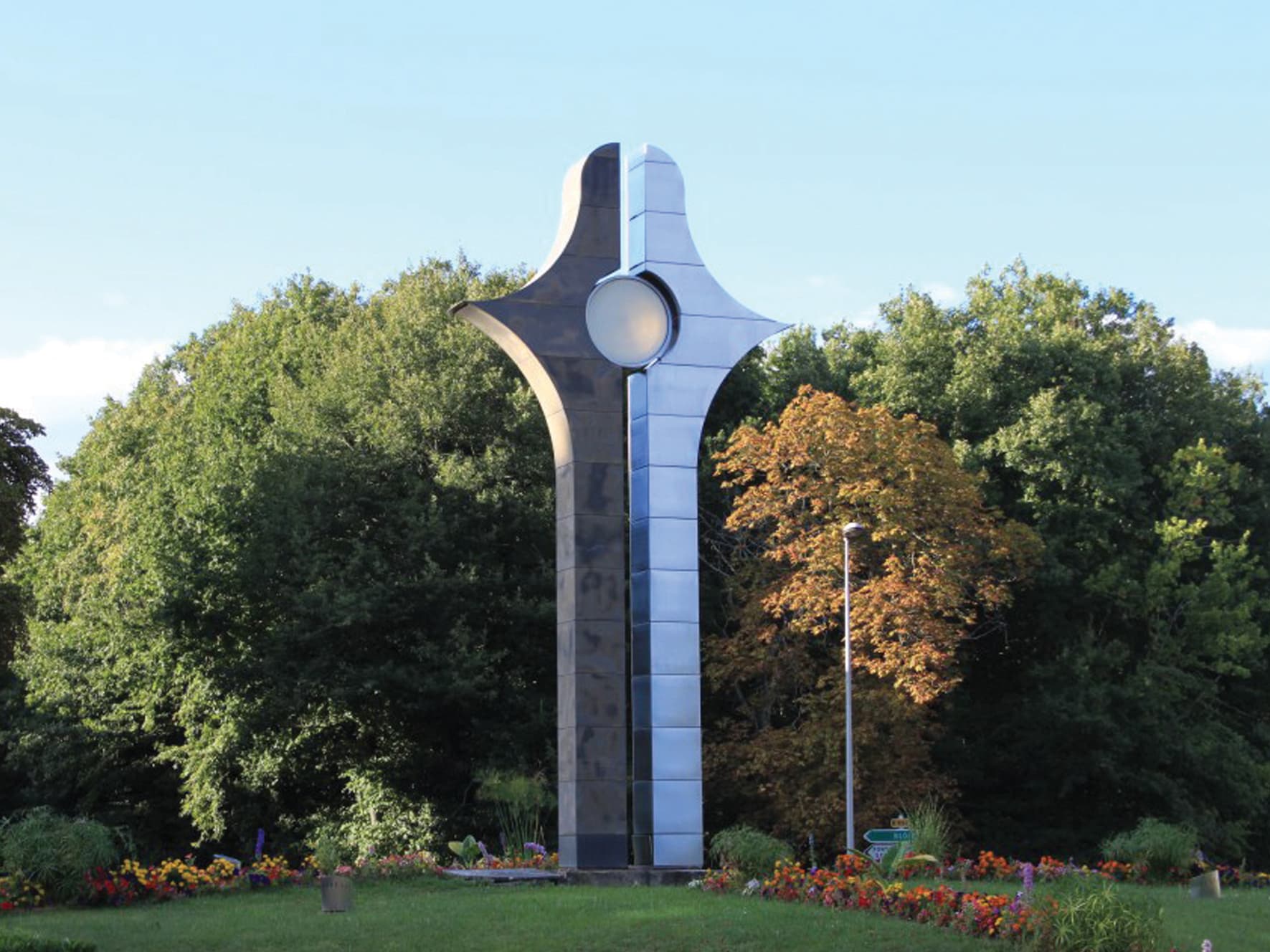
Captain Paul Tessier, Reconnaissance Corps, transferred to F (French) Section of SOE and began his training in 1943 at Preliminary Training School STS 5 Wanborough Manor, just off the Hogs Back, Guildford.
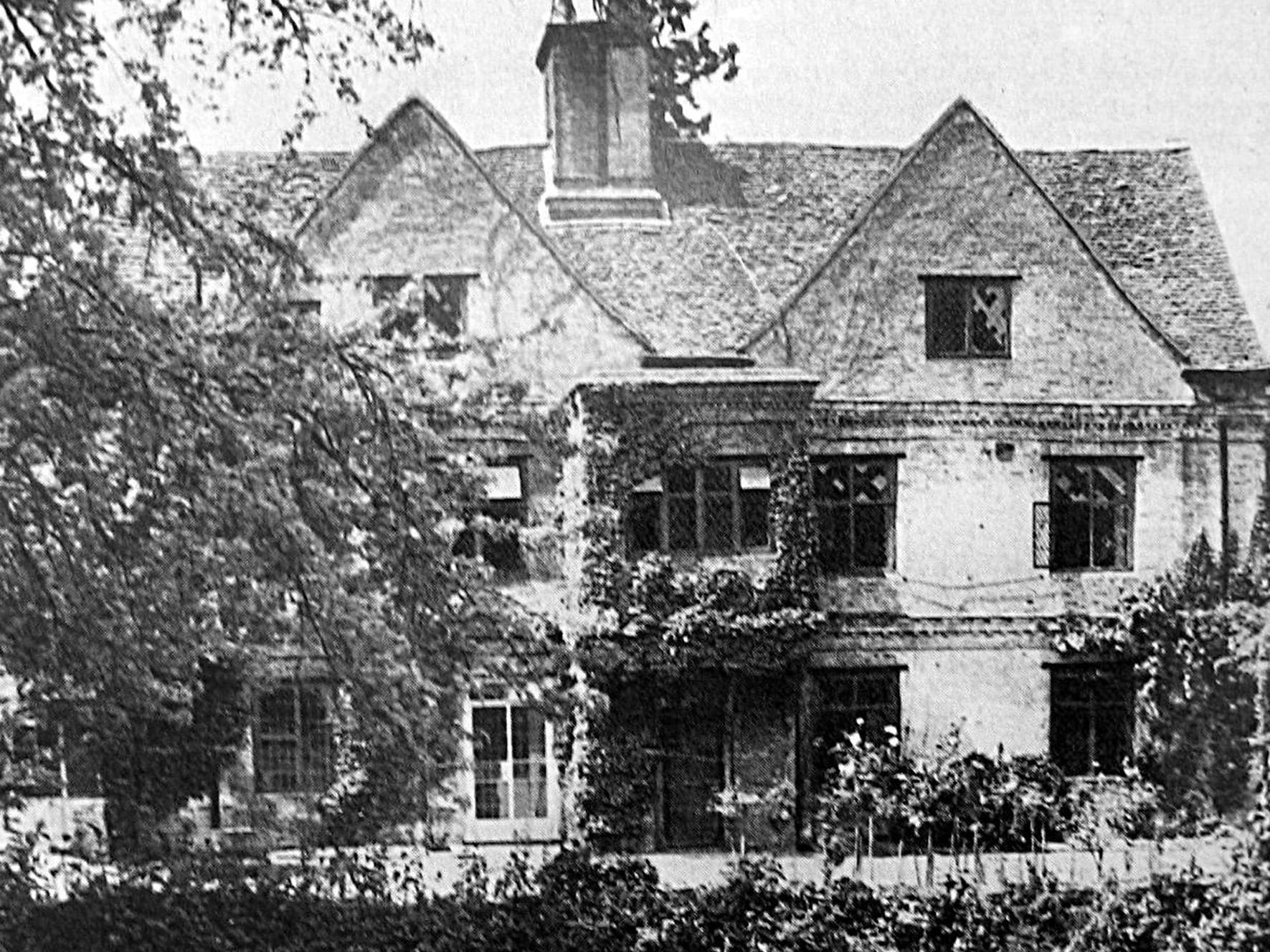
Early in the war Tessier’s wife, Lily (maiden name Flowerday) moved from London to Liddington Hall Drive in Guildford with her children to be near her parents, then to Byrefield Road, Stoughton. During his training at Wanborough Tessier’s training report for 1st April 1943 states: “He is thoroughly security minded and keen on the work. He sulks if things don’t go as he likes. His wife came down to Guildford to stay with her mother, and he saw her of course on Thursday.”
“And now go and set Europe ablaze.”
Winston Churchill, 22 July 1940
Tessier even took some of his training officers home to dinner with his wife, which he realised was a mistake and admitted to it.
The report also, rather scathingly, continues: “A tough and extremely enthusiastic British Officer, who although not very intelligent, has good powers of observation.”
After completing training Tessier was parachuted into France with a fellow agent to work with a resistance circuit in Northern France. The mission was to destroy a German run factory, which proved to be abandoned, however they managed to escape France via Spain and return to England.
Tessier was parachuted into France again in January 1944, this time with instructions to undertake sabotage in the San-Quentin area. His fellow agents, Guy Bieler and Yolande Beekman, were arrested four days later in a trap set up by the Germans, and Tessier himself three days after that. All three were tortured while imprisoned in San-Quentin before being taken to Paris. Tessier was imprisoned at 4 Bis de Place and interrogated at the infamous Avenue Foche.
Amazingly, he managed to escape from Bis de Place by scraping a hole through a wall. Even though he was a known British Agent with the Gestapo after him, he decided to stay in Paris to help the resistance, showing incredible courage, when he could have been taken back to England, his wife and children and safety. He was able to get important messages to London about other agents he had seen in captivity, but more importantly, to alert London to the capture of Yolande Beekman, her radio and codes. This would have enabled the Gestapo to play a ‘funkspiel’ – sending false messages to London, leading to the capture of many other agents plus the capture of arms sent for the resistance.
On the 26th August 1944, while de Gaulle was celebrating the liberation of Paris, Tessier was taking arms from Paris to the resistance group at Lagny with 3 others when they were ambushed by Germans and he was killed.
Capt. Tessier received a Mention in Despatches, but F Section said had he survived he would have received a Distinguished Service Order (DSO).
Tessier was an incredibly brave man. Like all the SOE agents, he volunteered for undercover work knowing how dangerous it was. He is remembered on the SOE F Section memorial at Valencay, along with 103 other agents who were executed or killed in action in France and buried at Lagny communal cemetery where the public square is named after him.
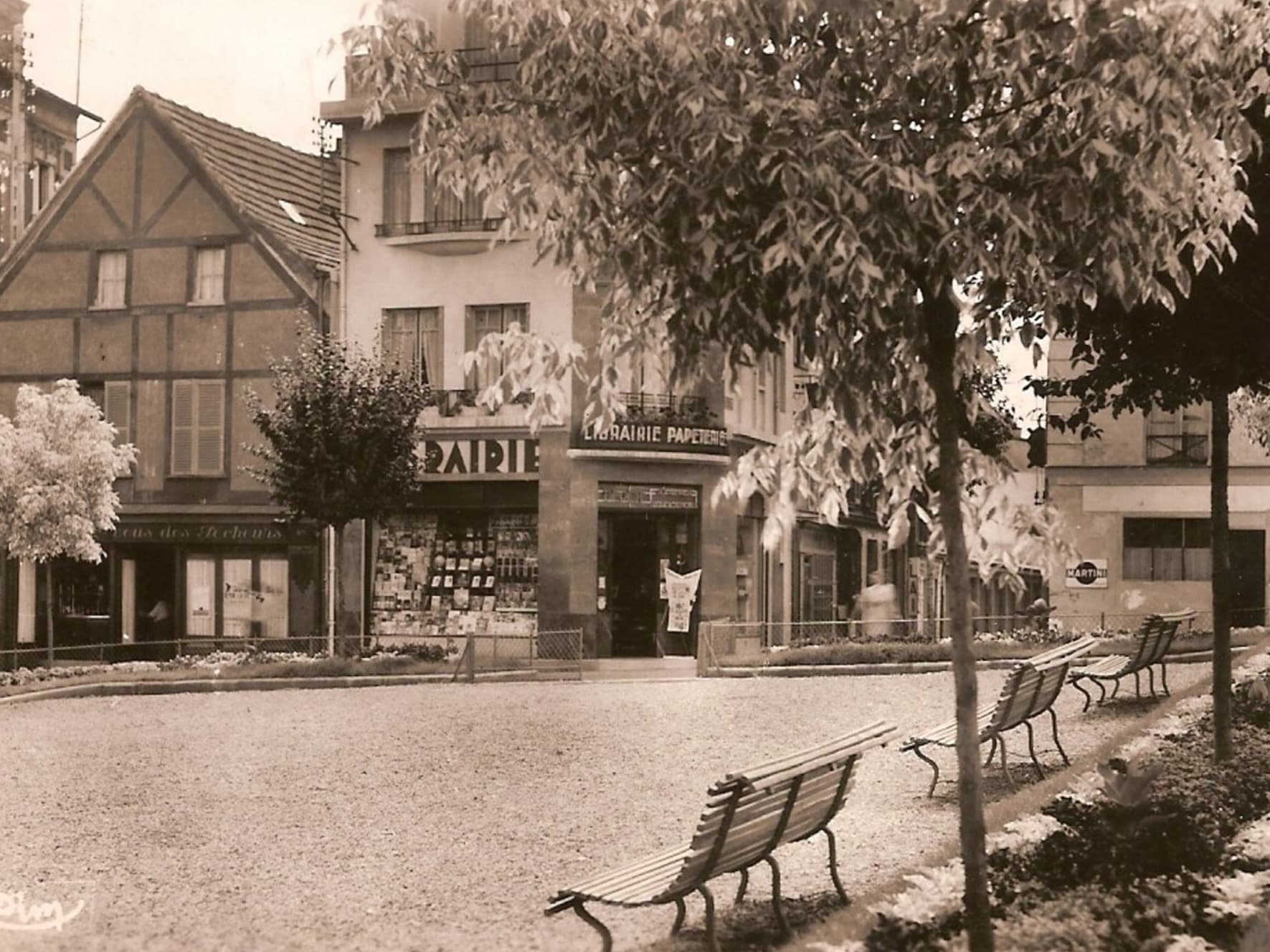
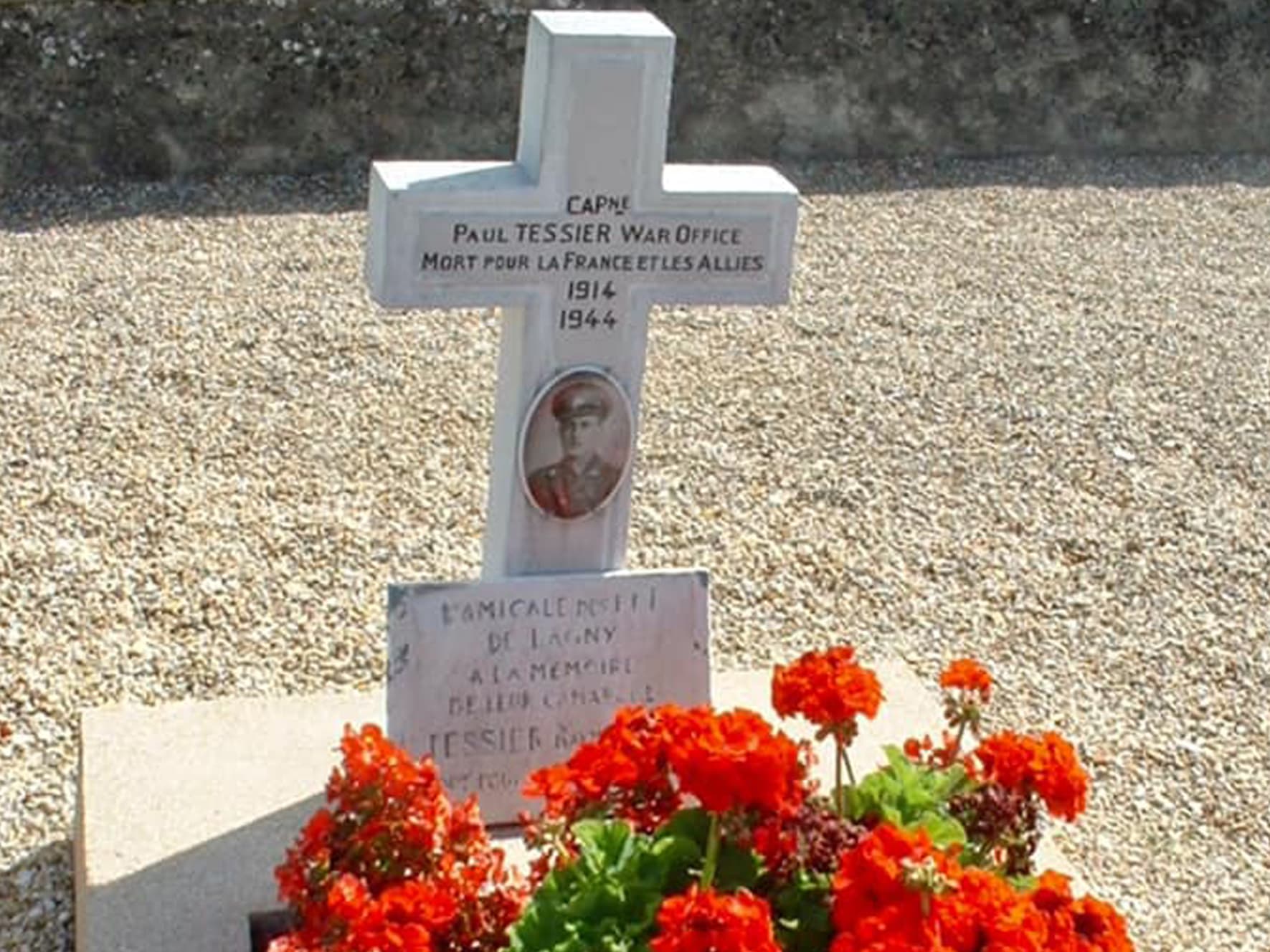
Tessier was an incredibly brave man. Like all the SOE agents, he volunteered for undercover work knowing how dangerous it was.
To find out more about Tessier visit the Facebook site set up by his son and grandson: www.facebook.com/groups/1883259491975947/
For more information about the 104 F Section agents visit author Paul McCue’s website at www.paulmccuebooks.com
If you are interested in finding out more about the secret operations and the people that undertook them visit the Secret WW2 Learning Website www.secret-ww2.net
Captain Paul Tessier’s file can be seen at The National Archives Ref. HS9/1453/2
To read more about the training of the SOE there is also a book available on Amazon – Wanborough Manor: School for Secret Agents by Patrick Yarland (Hopfield Publications 2009).
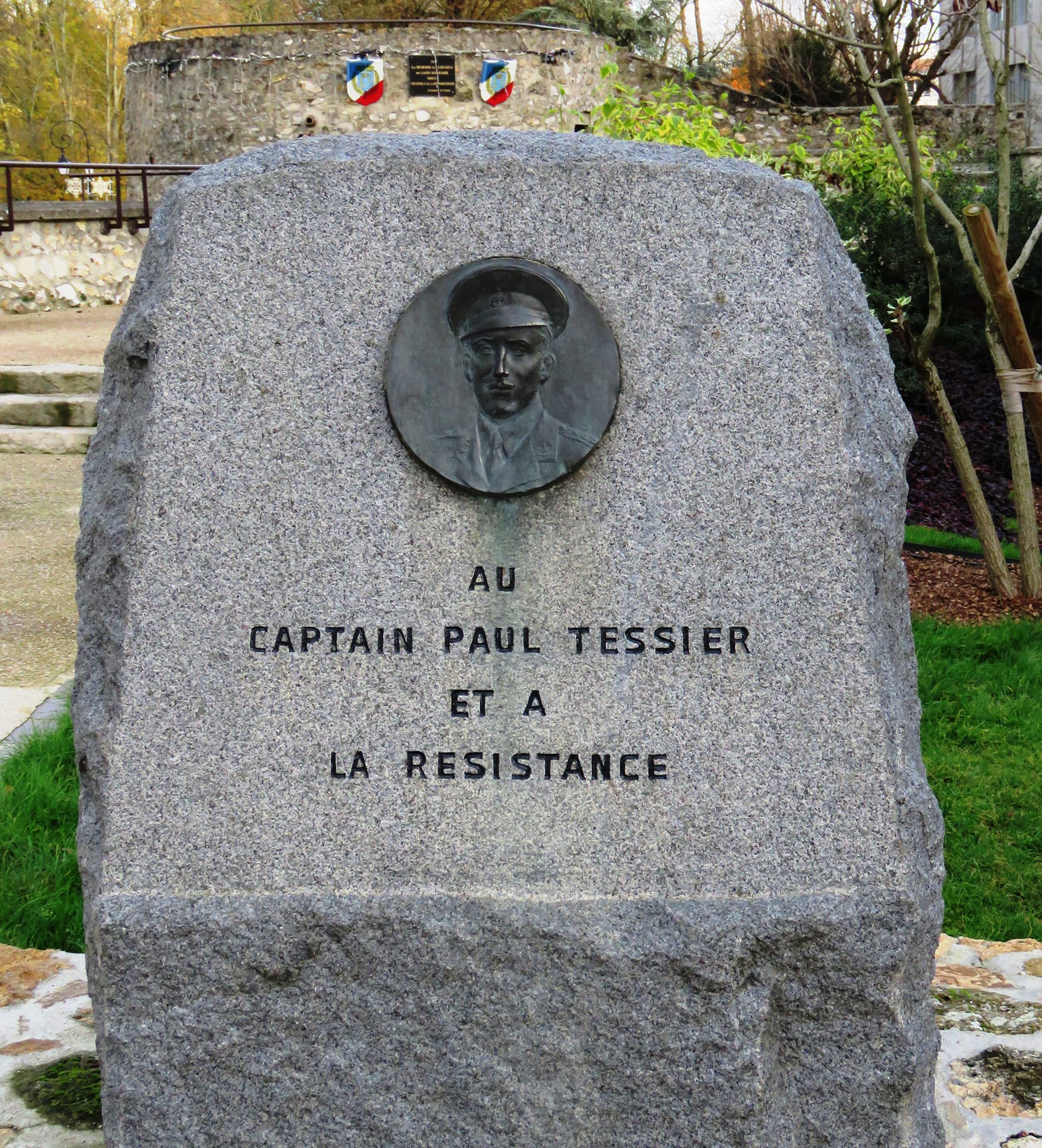
Battersea communities helped Chester find his perfect home
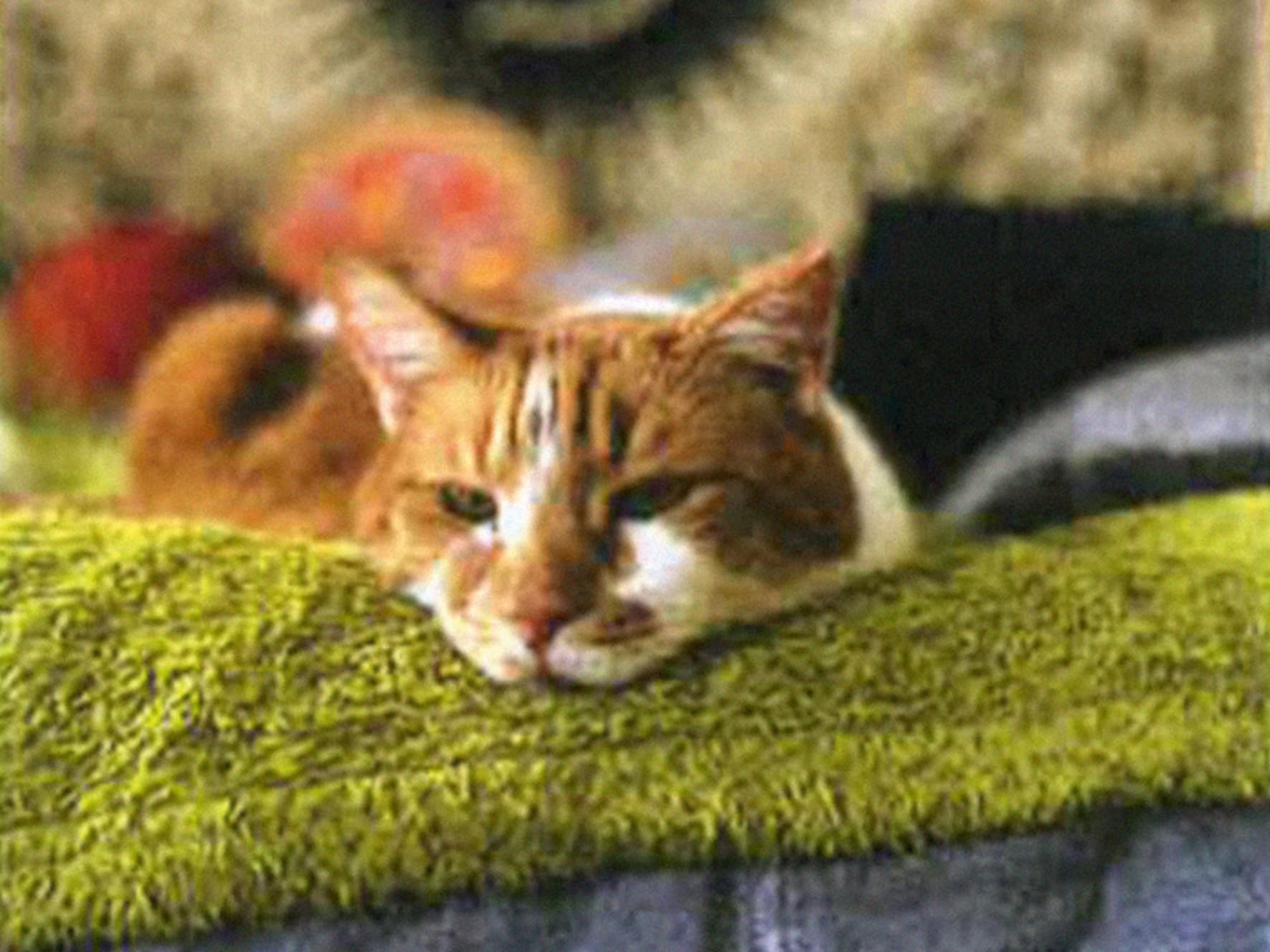
Battersea Dogs & Cats Home have launched the first of their ‘Battersea Communities’ in Guildford to spread their message that rescue is best, and to rehome more dogs and cats and put smiles on more faces.
In each Battersea Community, a network of Community Rehoming Volunteers provide direct ‘home to home’ rehoming of their dogs and cats, removing the need for potential owners to visit one of their centres.
They were delighted when 14-year-old Chester, became the first cat to benefit from this new project. As a sensitive and independent cat, a placement with a Community Rehoming Volunteer was perfect for him and after just nine days he found a permanent new home.
If you are interested in rehoming an animal from the Battersea Dogs & Cats Home Guildford Community, please contact us them via email and they can then provide you with more information and discuss the animals available for rehoming.
Lightening your digital footprint
Written by Ali Fisher
Let’s be honest, it’s not been the year for socialising. A friend recently sent me a meme with a picture of a bin inscribed with ‘2020: The year the bin went out more than me’. I thought it was very apt. For most of us, it’s been the year for being on-line. During the April national lockdown, the UK’s internet usage surged to record levels, as we went online for work, socialising, exercising and entertainment, like never before.
All this digital activity is leaving a growing carbon footprint on the planet. If you add up all the carbon emissions from our tech gadgets, our use of the internet and the systems supporting them, it would account for around 3.7% of our global greenhouse gas emissions. That’s about equal to the global emissions of the airline industry. There’s lots to be gained if we can lighten our digital footprint.
Add up all the carbon emissions from our tech gadgets, our use of the internet and the systems supporting them, it would account for around 3.7% of our global greenhouse gas emissions.
What action can we take as we head into winter and, in current circumstances, are more likely than ever to be connecting online for work and social? Given digital emissions are less obvious (generally there’s no smoke piling out the back of your laptop or TV), we probably need to be a bit more planned to kick start this behaviour change.
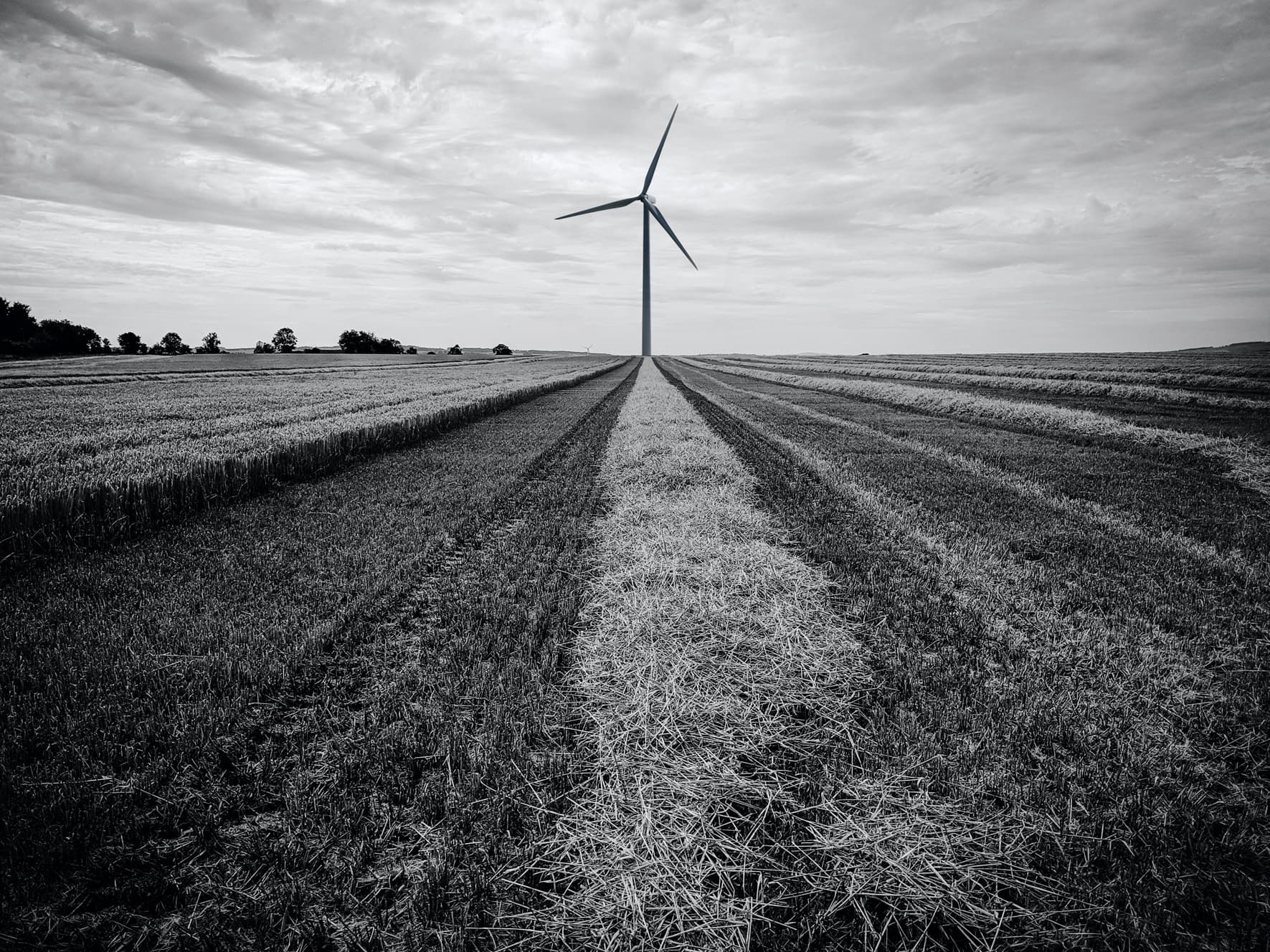
1 Switch to renewable energy
Being online requires electricity. Check to see how much of your energy supply is coming from renewables, like wind and solar. If you don’t like the answer, consider switching to one that is 100% renewable. Have a look at www.bigcleanswitch.org to compare options.
Being online requires electricity. Check to see how much of your energy supply is coming from renewables, like wind and solar.
2 Less is more with emails
Apparently, we are guilty of sending 64 million unnecessary emails in the UK every day! If every adult in this country sent one less email a day, it would save the equivalent carbon emissions of 80,000 flights from London to Madrid.
3 Delete from storage
Nearly a quarter of our digital energy consumption comes from data storage so don’t be afraid to have a regular clear out of emails, junk mail, trashed mail, folders, attachments, unused apps & surplus photos.
4 Unsubscribe today
Have you checked your junk mail recently? Might be worth a peak. Likely there are emails you subscribed to yonks ago and keep getting without even realising it. Most companies make it easy to unsubscribe these days so go ahead and have a good purge of the spam folder. It can be quite therapeutic.
5 Love your tech
Over half the carbon footprint of the information and tech industry sits in the end-user devices, from the mini tech we hold in our hands to the bulkier tech hogging our desk space. If we can take care of them – protective cases & screens, good maintenance and trying not to lose them – and resist the temptation of constant upgrades, then that might just be our biggest contribution to reducing our digital carbon footprint.
If every adult in this country sent one less email a day, it would save the equivalent carbon emissions of 80,000 flights from London to Madrid.
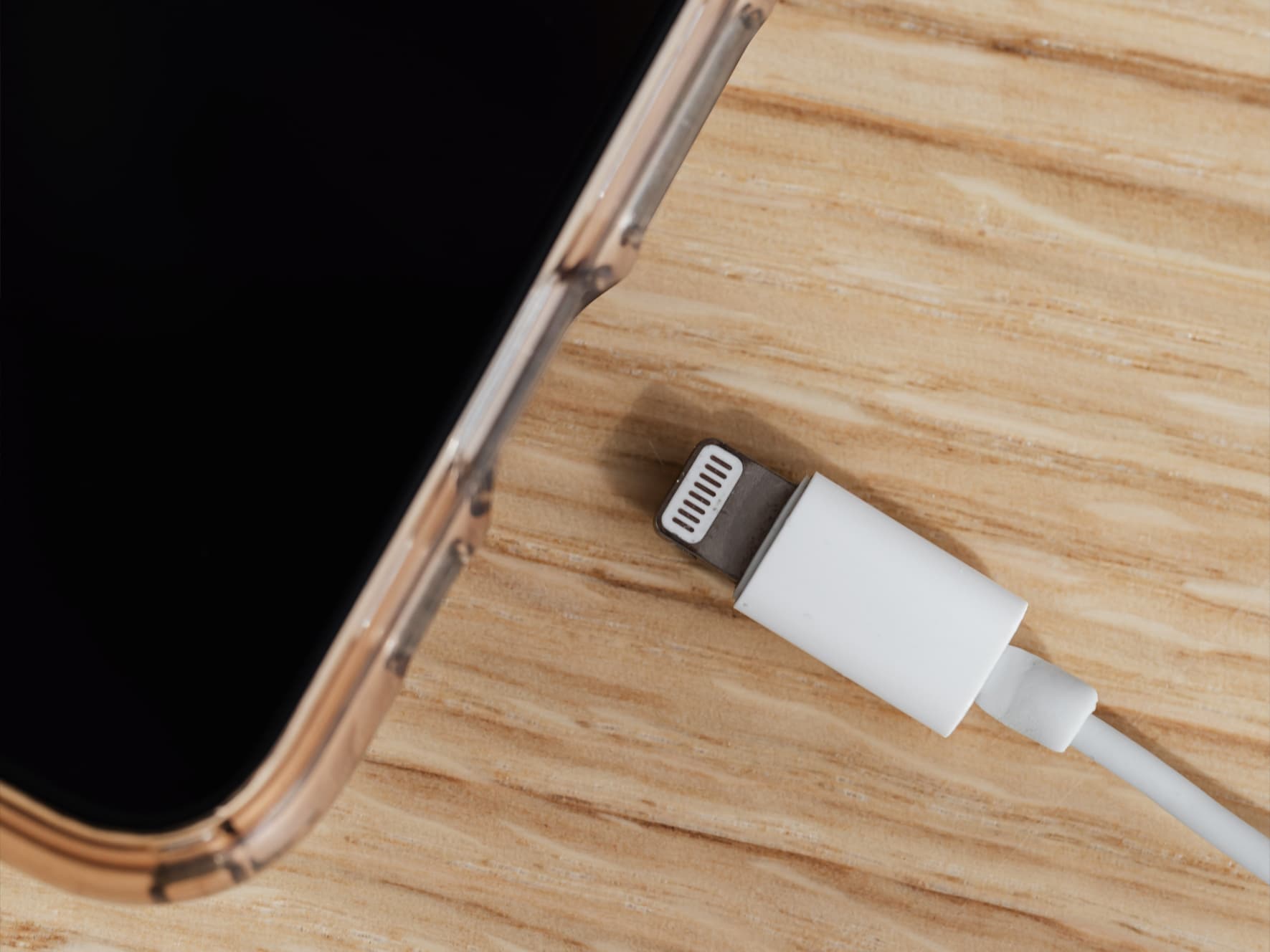
6 Unplug overnight
Charge your phone before bed. The average mobile takes 2 hours to charge – not the whole night! By leaving phones charging over-night we could be charging for 3-4 times longer than needed. Talk about an easy win! Plus it might stop that cheeky last look at your phone before bed which is never a night-time soother.
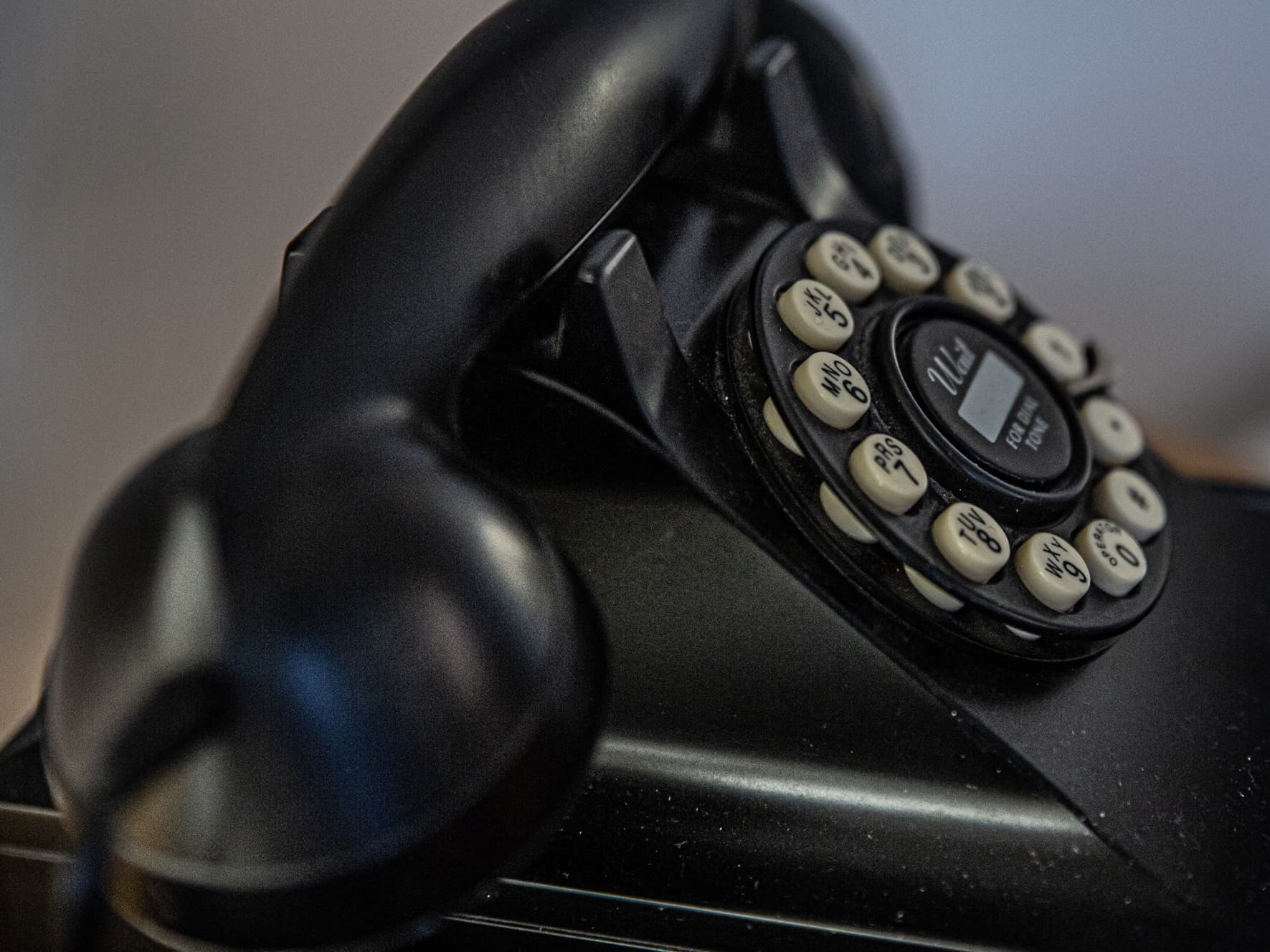
7 Pick up the blower
If you’re not needing to meet with multiple people online or presenting, try swapping out some of the video calls for the old fashioned phone. As a bonus you can be more mobile with it. Take a walk and get some fresh air or just stand up and stretch. The climate will thank you for the lighter carbon footprint of a call over conference technology.
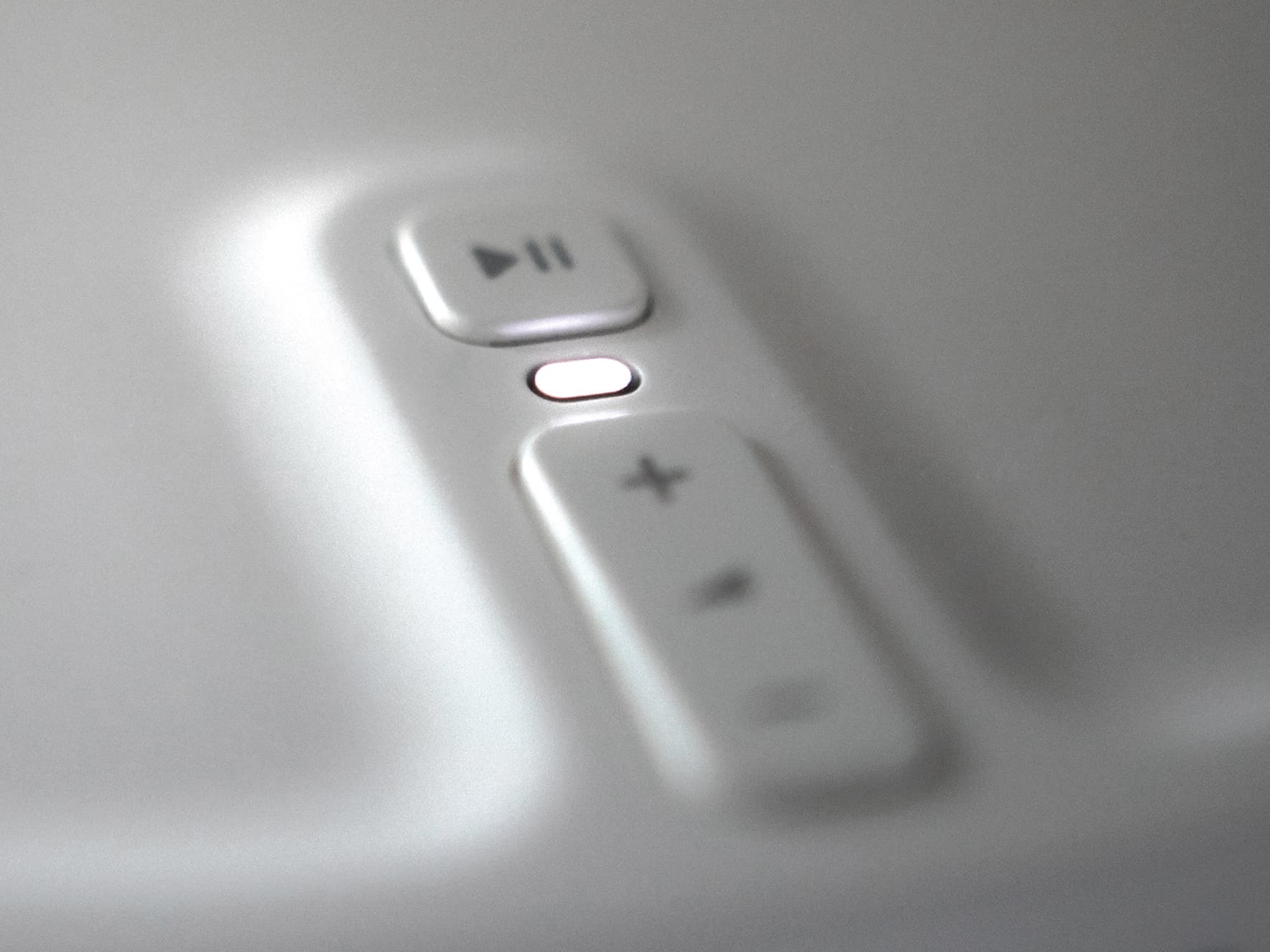
8 Don’t stand-by, switch off
After a long day/night’s work, your screens deserve a proper switch off and recharge so make sure you hit the off switch. Three quarters of us say we leave electrical items on standby. Tut-tut! On average, we are wasting £80 a year by being on standby rather than switching off. If you’re struggling with this challenge, start with the worst offenders. Games consoles switch to idle mode when not in use which consumes almost as much power as when in use.
Games consoles switch to idle mode when not in use which consumes almost as much power as when in use.
9 Website weight
If you run your own website or know someone who does, you can likely reduce the digital burden of your website by reviewing page weights. Video files and gifs can be especially heavy. It’s also worth checking if your website host runs on renewable energy.
Before we beat ourselves up too much for our increasing screen time, technology is saving us many emissions too. There is a definite upside so, like many things, it’s a balancing act. Last year, Zoom calculated that it’s top ten clients saved 685,000 metric tonnes of CO2 in just 3 months – that’s the equivalent of planting 11 million trees, and that was before Covid-19 hit.
So, as we hunker down for the winter, let’s crack on with our digital spring clean. Let’s start with cleaning out our digital cupboards from emails to files and photos; let’s lessen our email obsession; let’s check that we’re running on renewable where-ever we can; let’s get off the screen and pick up the blower more often; let’s unplug and unsubscribe.
Technology is here to keep us connected. Let’s use it as effectively and efficiently as we can. Let’s embrace all the opportunity it has to offer whilst doing so with the very lightest of digital footprints.
Ali Fisher lives in Burpham. She supports businesses and brands to help build a more sustainable future. PlansWithPurpose.co.uk
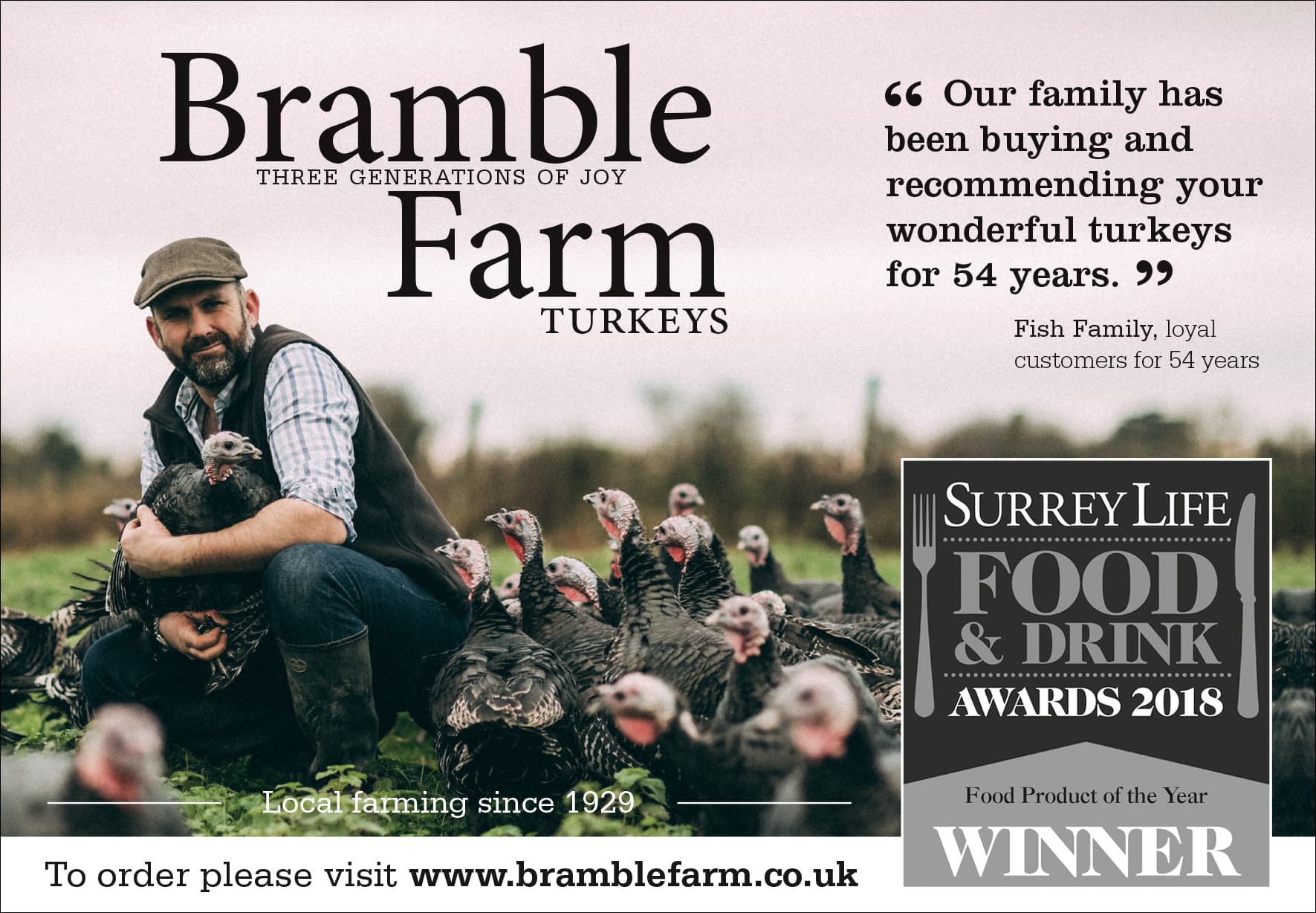
Keeping Going
Patience, Endurance & Perseverance
Frank Scammell, Vicar of Emmanuel Stoughton, discusses the longer term effect of the COVID crisis on the community and how we might be able to draw positives from the situation.
One of the problems with the COVID crisis is that it has dragged on for so long. We are all very aware of all the grief and distress that it has caused. Those who have been working on the front lines of our hospitals, surgeries and Care Homes must be exhausted but I sense that there is a general tiredness amongst us all.
There is fear, apprehension and uncertainty. We do not know when or if we will be able to return to anything we have taken for granted as normal.
When St Paul writes his letters in the New Testament three of his favourite words are Patience, Endurance and Perseverance. They are certainly as relevant for today as when he was writing.
Even amongst all the pressures that we have been facing there are still things that we can celebrate as positive outcomes from this crisis. Communities have been brought closer together. People have become more aware of each other’s needs. We have been able to express our thankfulness and respect for those whose costly service has made life possible for us. We have all seen how important it is to carry on a ministry of encouraging each other. We have learnt to discern what is really important.
Communities have been brought closer together. People have become more aware of each other’s needs. We have been able to express our thankfulness and respect for those whose costly service has made life possible for us.
The fact that the church buildings have been locked for a period has reminded us that the church is far more than a building. We have been forced to put our services on-line and have found that far more people in our community and indeed around the world have been able to engage with our worship. Sometimes it is quite difficult for people exploring a faith to enter through a church door. With our on-line services you can travel your spiritual journey at your own pace.
If there are ways that you feel the church community can be of help to you then please contact us:
www.emmanuelchurch.co.uk or call 01483 561603 or 560560.
Frank Scammell
Vicar of Emmanuel Stoughton

Church Office: 01483 561603
www.emmanuelchurch.co.uk

